Why a 30-Second Pool Noodle Trick Is The Secret to Beating Frozen Pipes and Sudden Leaks This Winter – It's Quick, Easy, and Affordable
It's the quick fix you need ahead of harsh winters

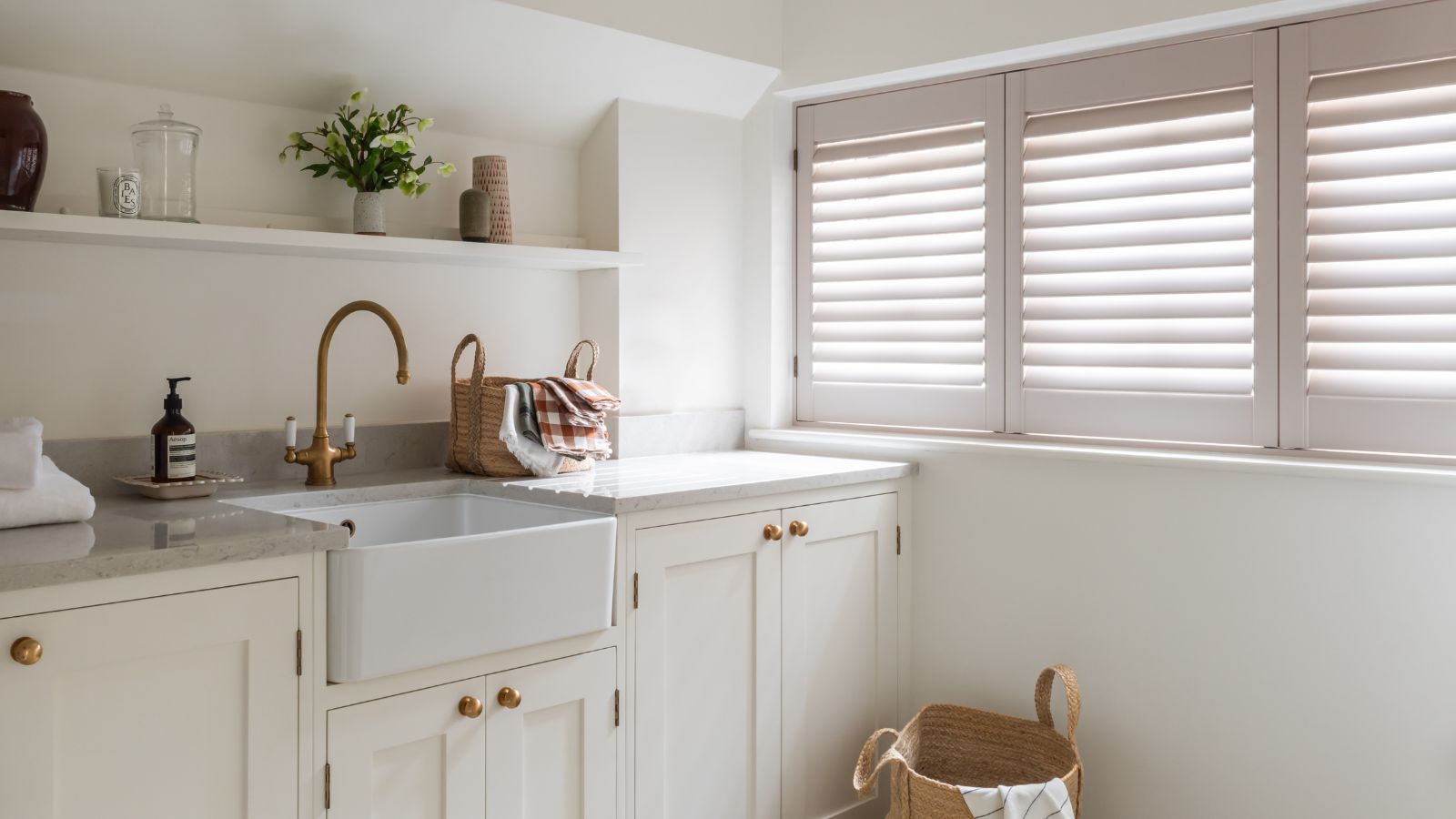
Design expertise in your inbox – from inspiring decorating ideas and beautiful celebrity homes to practical gardening advice and shopping round-ups.
You are now subscribed
Your newsletter sign-up was successful
Want to add more newsletters?

Twice a week
Homes&Gardens
The ultimate interior design resource from the world's leading experts - discover inspiring decorating ideas, color scheming know-how, garden inspiration and shopping expertise.

Once a week
In The Loop from Next In Design
Members of the Next in Design Circle will receive In the Loop, our weekly email filled with trade news, names to know and spotlight moments. Together we’re building a brighter design future.

Twice a week
Cucina
Whether you’re passionate about hosting exquisite dinners, experimenting with culinary trends, or perfecting your kitchen's design with timeless elegance and innovative functionality, this newsletter is here to inspire
Frozen pipework is one of winter's most expensive and stressful surprises, but preventing it doesn't have to be complicated or expensive.
In fact, all it takes are simple and cheap pool noodles from Walmart, a box cutter, and less than a minute of your time.
This is how the experts use this quick and easy trick to insulate pipes without expensive heat tape, and why it works so well.
This Pool Noodle Trick Is The Secret to Beating Frozen Pipes
Stopping pipes from freezing is simple. All you need is a combination of insulation and dripping faucets to keep water moving.
While you can buy pipe-specific insulation covers, pool noodles are often thicker, easier to source, and often cheaper for a quick fix that you may already have in your pool supplies, should the temperatures drop suddenly or unexpectedly.
It's also super simple to implement, Steve Ellis, VP of Wind River Environmental's residential line of business, assures. 'You can wrap exposed pipes with polyethylene foam noodles by slicing them lengthwise, fitting them around the pipe, and securing them with tape or zip ties.
'This method is useful for pipes in unheated spaces such as garages or crawlspaces and provides a quick layer of protection during sudden cold snaps.'
Design expertise in your inbox – from inspiring decorating ideas and beautiful celebrity homes to practical gardening advice and shopping round-ups.
To ensure the perfect temperature to avoid frozen pipes and perfect the fit, he shares the following steps:
- Measure the length of the exposed pipe you want to insulate and gather enough pool noodles to cover it.
- Slice each pool noodle lengthwise so it can open and fit around the pipe. A boxcutter, from Walmart, is handy for this.
- Fit the noodle around the pipe, making sure to cover all exposed sections, including bends if possible.
- Fill any small gaps with extra material, such as old insulation or rags, to ensure a snug fit.
- Secure the noodles in place using tape or zip ties [also from Walmart] to prevent them from sliding off.
- If the pipes are outdoors or in areas exposed to wind or moisture, add a weather-resistant wrap [from Walmart] over the noodles for extra protection.
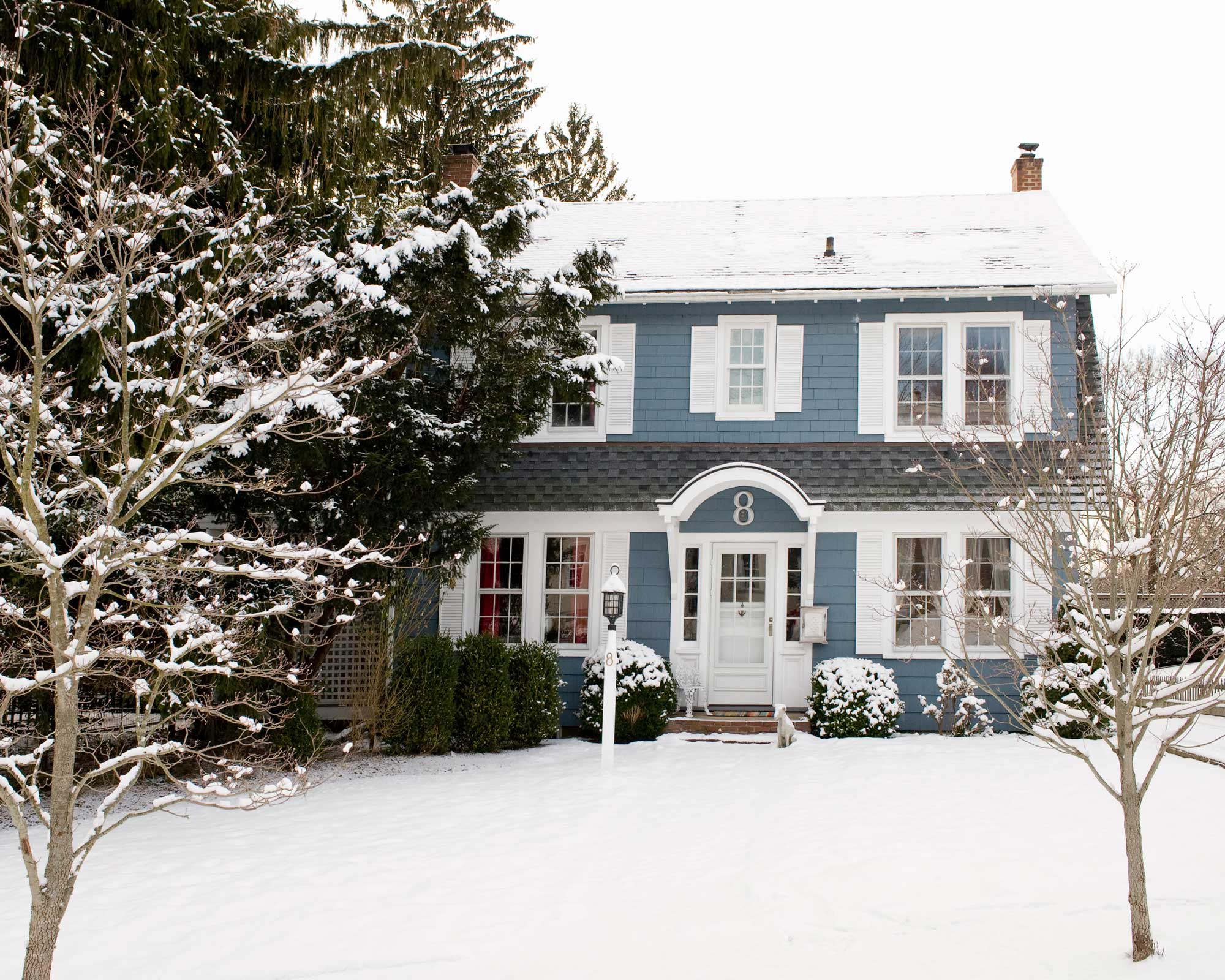
Prevention is always better than a fix.
It is worth noting, however, that pipe insulation is only a temporary solution, and as with any foam product, it will need replacing over time.
For a longer-term solution to winterizing a house, Steve recommends installing safeguards such as heat tape or heating cables, available from Lowe's. This is especially important for very cold climates and helpful for areas that regularly experience cold winters.
For outdoor pipes, he adds, insulation with UV-resistant jacketing [such as this rubber pipe wrap insulation from Lowe's] is also a must for long-term prevention.
What to Shop
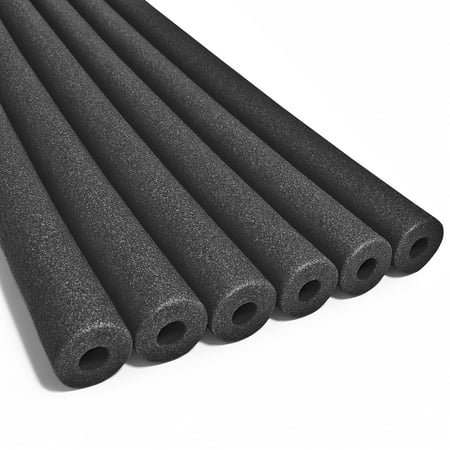
These hollow pool noodles are ideal for insulating pipes. Simply cut down one side to create an opening and slot onto your pipework for affordable, winter-long protection.
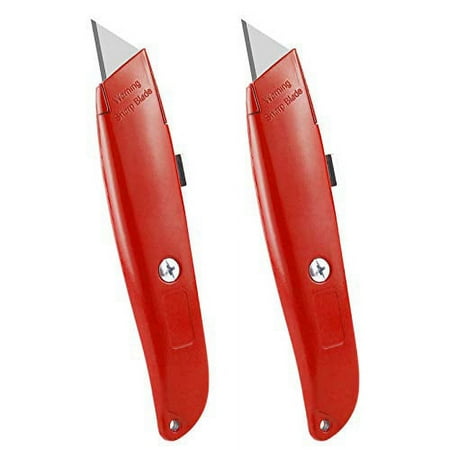
A box cutter is a quick and easy way to slice through foam without the risk of tearing the material. Always cut away from the body, and hold the pool noodle securely on a flat surface to prevent accidents.
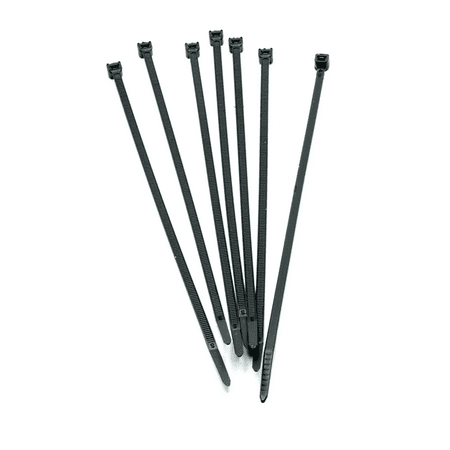
These cable ties are suitable for both indoor and outdoor use, helping to hold the pool noodles close to the pipes to prevent pipes from freezing in winter.
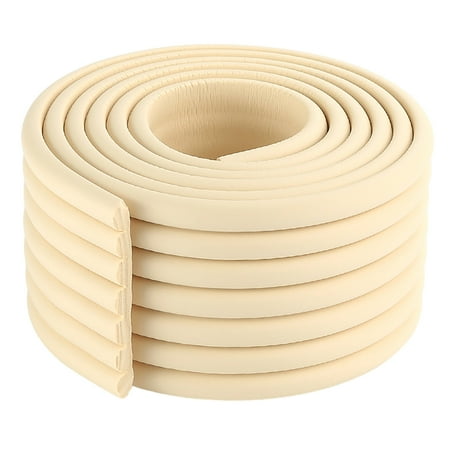
Protect your pipes from freezing, popping, and damage caused by severe weather conditions like snow, rain, wind, and sun.
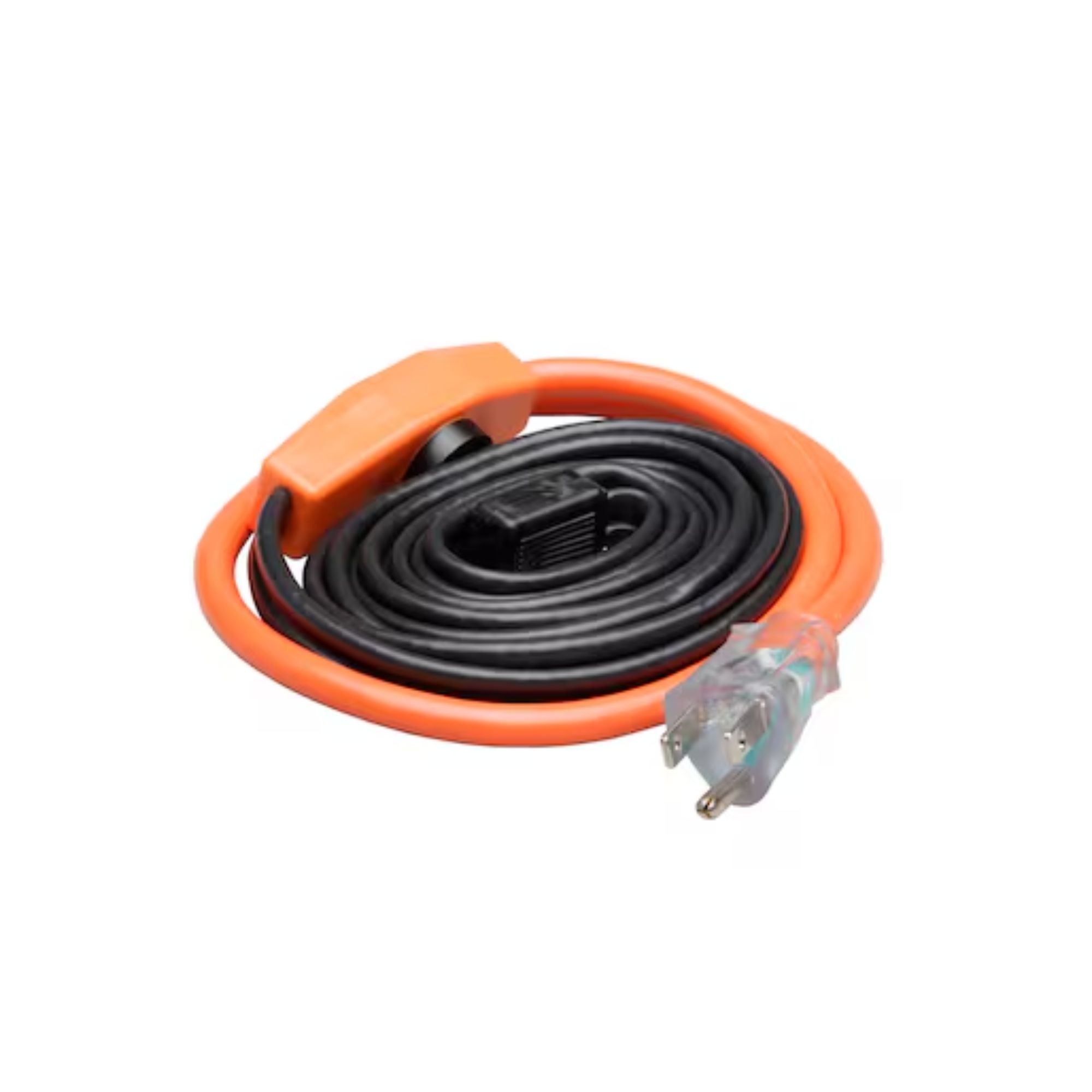
The AHB cables prevent water-filled supply pipes from freezing down to -40°F. Each cable is UL Listed to Canadian Safety Standards and CSA Certified when used in accordance with the installation instructions on water-filled metal or plastic pipes.
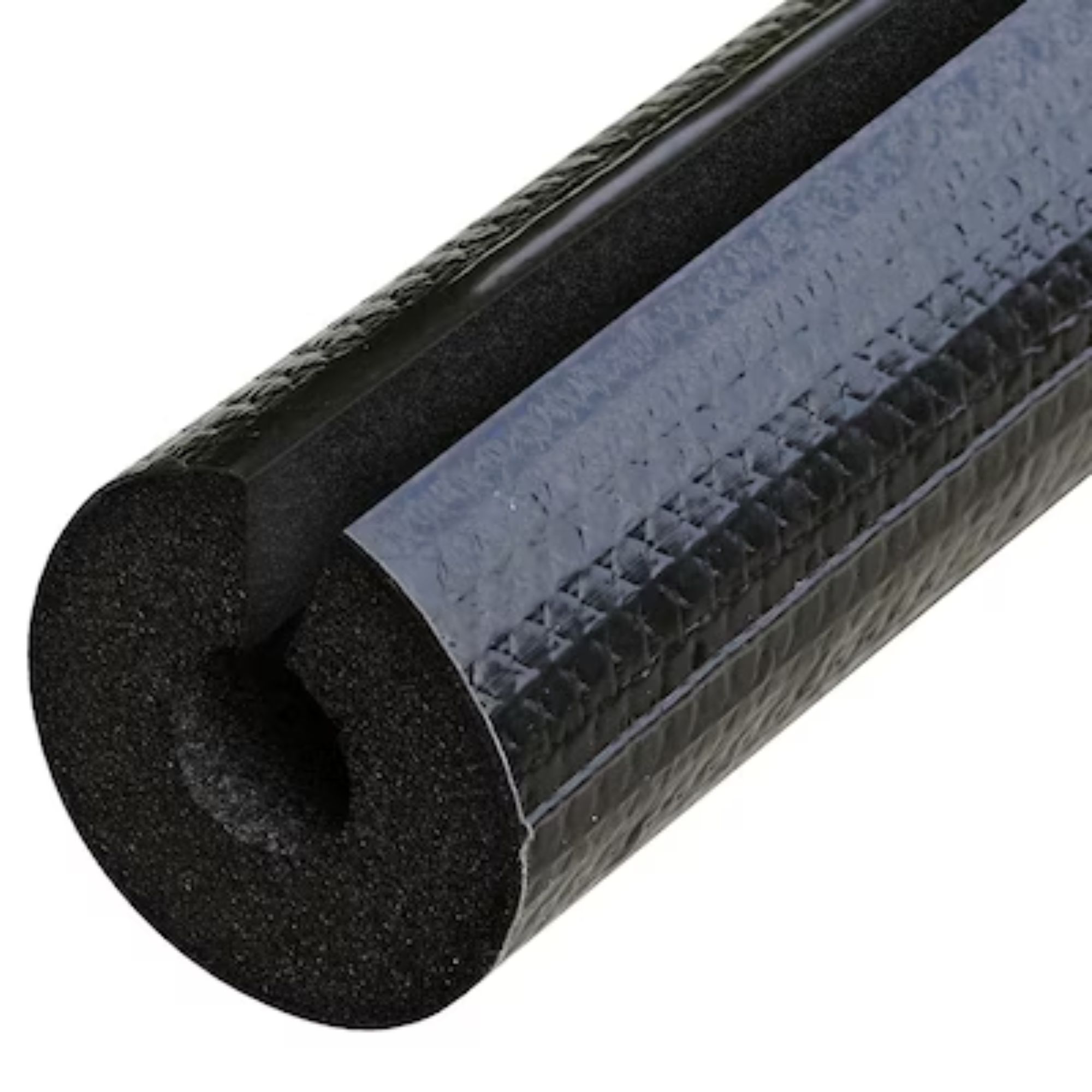
This pipe insulation is a premium Elastomeric foam insulation with a flexible co-extruded jacketing, designed to enhance the weather and abuse resistance of insulation tubing. The reinforcement the jacketing provides adds protection from UV exposure, mechanical abuse, and even lawn equipment like weedwhackers.
Meet the Expert

Steve Ellis serves as the Vice President of the Residential Line of Business at Wind River Environmental (WRE), where he leads strategy and operations for one of the company’s fastest-growing divisions. Since joining WRE, Steve has played a key role in expanding residential services and driving innovation within a traditionally service-based industry.
No matter how well you insulate your pipes in winter, it never hurts to know exactly what to do if a pipe bursts to prevent further damage to your home.

Chiana is Homes & Gardens’ kitchen appliances editor. With a lifelong passion for cooking and baking, she grew up experimenting in the kitchen every weekend with her baking-extraordinaire Mom, and has developed a great understanding of how tools and appliances can make or break your ideal relaxing kitchen routine.